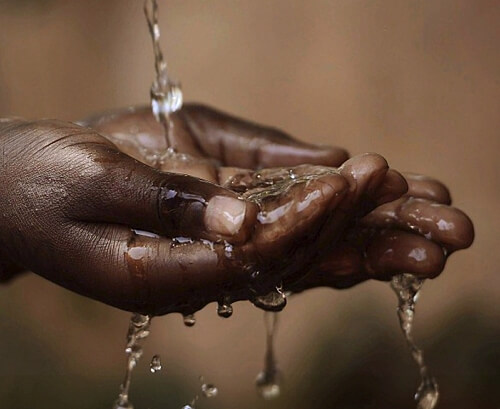
Violence against women and girls has long been a problem that violates their human rights; the consequences of which are evidence of increased suicide, depression, physical illness, serious injury and even premature death among women across the country.
Despite the existence of Western education and civilization in Nigeria, certain communities still continue to perpetuate norms and practices that enhance gender-based violence (GBV), and if they do not challenge these norms, the female gender will continue to suffer from unjustified consequences, be deceived, mistreated, and deprived of their human rights.
What Statistics Say
The Nigerian Demographic and Health Survey, 2018 report 2018 report, 31% of women between the ages of 15 and 49 experience physical violence and 9% experience sexual violence. Of women who have been pregnant, 6% have experienced physical violence during pregnancy. This not only puts the woman’s well-being at risk, but also her unborn child.
Despite the comprehensive Violence Against Persons Prohibition Acts which was passed in 2015 and Nigeria becoming a signatory to the Convention on the Elimination of All Forms of Discrimination Against Women (CEDAW), the country remains one with predominant cases of violence against women and girls, and this is particularly due to the ingrained customs and norms in some communities in Nigeria.
In the Ikwerre culture of Rivers State, it is required that if a woman must inherit her father’s property, she has to remain unmarried. The very moment an Ikwerre woman marries, she forfeits her right to any inheritance. On the contrary, Ikwerre men have the liberty to marry as many wives as they wish and yet inherit their father’s properties.
In the Tiv culture of Benue State, it is normal to find men offering their wives to ‘August visitors’ as a demonstration of their regard for these visitors, and in another part of Tiv, wife-beating is considered a sign of love. In some cultures, women are made to drink the water used in washing the corpse of their deceased husbands to determine if they had a hand in the death of the husband.
These are just a few of the numerous customs that communities across Nigeria have come to accept as a norm, causing sexual assault, and physical, emotional, and psychological damage to women.
The following are possible ways we could respond in challenging these norms and customs.
Challenging Norms and Customs Supporting Violence against Women and Girls
Employing the services of Certified and Qualified Community Officials
These certified and qualified community officials could be psychologists, community service social workers, and case managers who are from or at the very least, very familiar with the cultural characteristics (dialect and other related features) of the community.
One of the reasons the Violence Against Persons Prohibition Acts and the UN CEDAW hasn’t had much effect in minimizing violence against women and girls in Nigeria is this: Most of the time, the enforcers of these Acts focus mainly on those at the top, the ones that are easily seen and don’t really consider the vulnerable and more susceptible communities.
Violence against women and girls is experienced everywhere across the country and as such, equal energy should be channeled into solving this issue at all levels. It would not be strange to find that these communities are unaware of the legislation against GBVs and as such, it is no wonder why they continue to practice them. Rightly so, this is where the community officials would be very much needed.
The community officials would serve as efficient representatives of not only the battered but also the batterer, ensuring that the consequences of violence against women and girls are effectively communicated and much more, enforce them on perpetrators.
Leveraging Positive-Thinking Family Members
In cases of ignorance, where these communities are oblivious (whether intentionally or not) of the gross consequences of their actions against women and girls, and how much of a crime it is, positive-thinking married family members with healthy mindsets can be leveraged.
These family members are to act as marital models to those still practicing violence against women and girls stemming from the strongly rooted beliefs that allow them to see it as a norm.
Eradicating the ‘quarrel between a husband and his wife is normal’ mindset
While disagreements are normal between couples, wife/girl child beating on the other hand is not.
Across the country, 1 in 3 women has reportedly been violated domestically by a husband, boyfriend, or partner. Despite this alarming number, the cases of police reports of abuse remain scant. This is because woman beating has been considered a prerogative of men and a purely domestic matter, instead of it to be considered battery and have legal penalties.
Regardless of the socioeconomic background of the woman or girl child, no one deserves to be seen or treated as less.
In conclusion, We (including the women involved) ought to recognize that the serious consequences of these incidences of violence against women and girls do not only affect the health and safety of the abused but also the society at large; and as much as we can, we ought to stand up against this.
Also read Action Against Violence: WIN delivers self defense training to Nigerian women
Article written by Etherberth Agbikimi|| Social Entrepreneur





